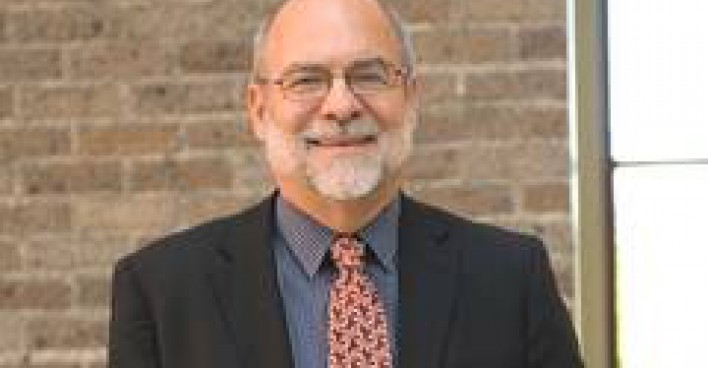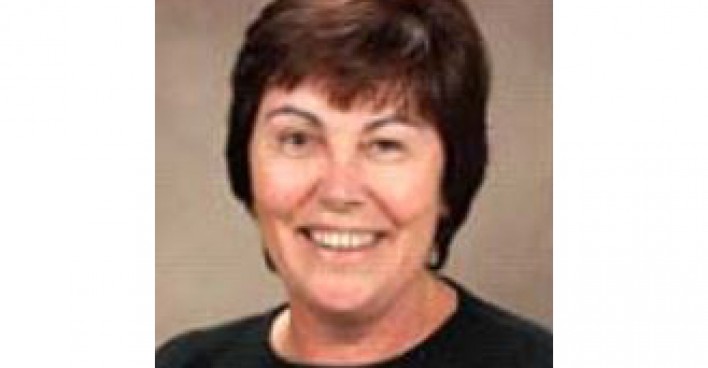UNESCO/Emir Jaber Al Ahmad Al Jaber Al Sabah Prize for Digital Empowerment of Persons with Disabilities
Previous winners
List of previous winners of UNESCO/Emir Jaber Al Ahmad Al Jaber Al Sabah Prize.
Search by Year:
2016
Professor Alireza Darvishy (Switzerland)
Alireza Darvishy lost most of his vision at the age of 15 due to an accident. He enrolled at the University of Zurich (Switzerland) in the 80s as its first severely visually impaired student in computer science. He used assistive technologies to pursue his degree and PhD, while continuously challenging his university to improve its accessibility policies. He was one of the first students in Switzerland with an impairment to finish a PhD in computer science, which focused on digital accessibility. After graduating, he initiated and led many innovative accessibility projects in the private sector. In the early 2000s, he was additionally hired by the Zurich University of Applied Sciences (ZHAW) as the first and only professor of ICT Accessibility. There, he established a competence centre for ICT Accessibility and helped more students with disabilities get an education. Through his ambitious work, he seeks to serve as a champion and an inspiration for others with impairments, and as an example to organizations of what people with disabilities can achieve.
Tiflonexos Asociación Civil (Argentina)
Tiflonexos Asociación Civil was created in 1999 in Argentina by a group of blind friends who wanted to use the power of the Internet to exchange digital books and gain better access to information, culture and education, which was extremely limited in the region at that time. The group created an online collaborative free-access library for visually impaired people in Argentina. Now, it offers more than 50,000 titles, mostly in Spanish, to more than 7,000 blind users and 300 organizations around the world. The library’s community of users has grown to become a global network of information exchange, education and support. Tiflolibros is managed by visually impaired people who are early adopters of technology and promote users’ empowerment. The Organization contributed to a favourable reform of Argentina´s copyright law in 2007, which was followed by other Latin American countries. It was key in the adoption of the first United Nations treaty to promote access to books worldwide for visually impaired people, the 2013 Marrakesh Treaty to Facilitate Access to Published Works for Persons Who Are Blind, Visually Impaired or Otherwise Print Disabled (World Intellectual Property Organization, WIPO).
2013
Bridge of Hope (Armenia)
The Armenian NGO Bridge of Hope was rewarded for its programme entitled ‘Towards Education for All: Inclusive Education’, which promotes human rights, social and educational inclusion of children and youth with disabilities. By engaging with key participants including government ministries, international agencies, families, communities, schools, and early childhood settings, the organization has contributed to significant country-wide improvements in inclusive education. Despite challenging conditions, the selected programme serves as an excellent model for the region.
New Brunswick (Canada)
The Department of Education and Early Childhood Development of the Canadian Provincial Government of New Brunswick was recognized for its long-standing commitment to a systemic approach to inclusive education for learners with disabilities and for its vision of education as a catalyst for social justice and equity. Its programme ‘A model for inclusion in New Brunswick’s public education system’ constitutes an outstanding example of mentoring and professional learning for inclusive education, and a model of excellence in a public education system that has inspired other countries. The Department of Education of New Brunswick was proposed for the Prize by the NGO Inclusion International a NGO in official partnership with UNESCO.
2011
Douglas Biklen (USA)
Dr Biklen is Dean of the School of Education, Professor and founding faculty member of the Center on Human Policy, Law and Disability Studies, Syracuse University (USA). Over the past 40 years, his work has inspired researchers and given hope to many families of persons with disabilities from around the world. His ground-breaking books and films – notably, Achieving the Complete School (1985), Schooling without Labels (1992), and My Classic Life as an Artist (2004) - have had a significant impact on the lives of individuals with intellectual disabilities and their families. They have also influenced prevailing perceptions of such disabilities.
2009
Judy McKenzie (South Africa)
Dr. McKenzie has worked in the disability field since 1980, when she graduated from the University of Cape Town with a degree in speech and hearing therapy. In 1988 she was employed at a rural hospital in South Africa, Tintswalo Hospital, to establish a speech and hearing therapy department in a multidisciplinary rehabilitation unit. She engaged in community based and interdisciplinary efforts to address disability, exclusion and poverty in the Bushbuckridge area of Mpumalanga. In 1995 she was selected as a fellow on the Kellogg International Leadership Programme, and she benefited from an international experience. Her main areas of interest are inclusive education, particularly as regards policy development and teacher education. She is a strong advocate for disability rights and places a focus on people with intellectual disability. In 2011 she was employed in the Disability Studies programme at the University of Cape Town as a postdoctoral research fellow, engaging in research into independent living options for adults with intellectual disability.
Rima J. Hatoum (UK/Palestine)
Ms Rima J. Hatoum is a Ph. D. level professional in the field of disabilities, with expertise in the areas of assessment, curriculum development, positive behavioral support, inclusive education, teacher training, and research. She has a BA in Psychology, Teaching Diploma in Elementary Education, MA in Guidance and Counseling from the American University of Beirut, Lebanon, and a Ph. D. in Special Education with minors in Educational Research and Educational Administration from Florida State University (2010). She is qualified to teach children with intellectual, emotional, physical or visual disabilities as well as severe multiple disabilities or chronic illnesses. She is also certified in Applied Behavior Analysis and is a charter member of the Florida Positive Behavioral Support State Training Team. She has been engaged in teaching, program development, teacher training, research, and consulting in the field of disabilities for over 35 years.
2005
Dr. Farouk M. Sadek (Egypt)
Dr Farouk Sadek is a pioneer for children with learning difficulties in his country. His work and contributions cover areas of teaching, teacher training, curriculum design, textbook writing and consultations. His efforts have been significant in the development of inclusive education in Egypt and the establishment of resource rooms in public education. Dr Farouk initiated the first journal in the Arab region on research studies in mental retardation. He was also the founder and first president of the Egyptian Society for Children with Special Needs.
Ntiro Programme (South Africa)
The Ntiro Project for Supported and Inclusive Employment focuses on education and training for children and adults with intellectual disabilities. The main aspect of the Ntiro programme is transition from school to work through an innovative supported and inclusive employment model. The model’s emphasis on teacher support in inclusive settings is quite innovative. The programme adopts a holistic approach and was developed in the context of policy imperatives in South Africa calling for an intersectional approach.








